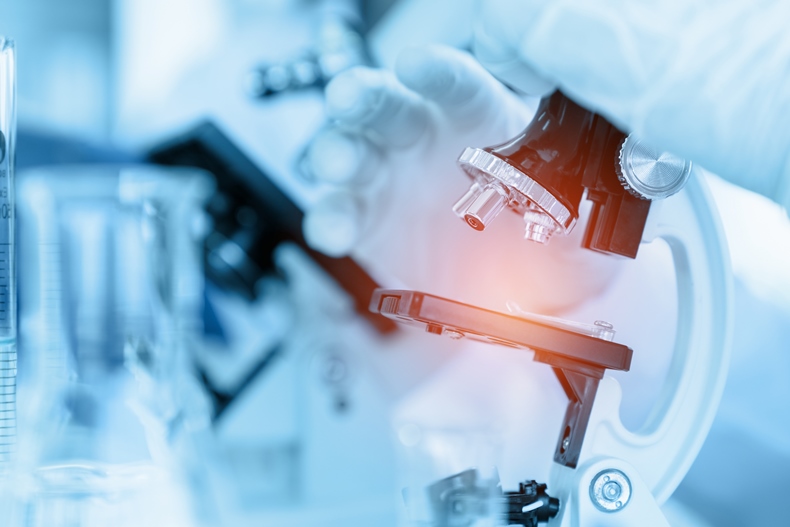
by Cells4Life Middle East | Feb 22, 2024 | Placenta Banking, Placenta Stem Cells
The therapeutic value of the placenta’s amniotic membrane has been known for over 100 years, with doctors using it to speed up wound healing. However, many researchers believe that it may be far more useful than previously thought. There is now evidence to suggest...
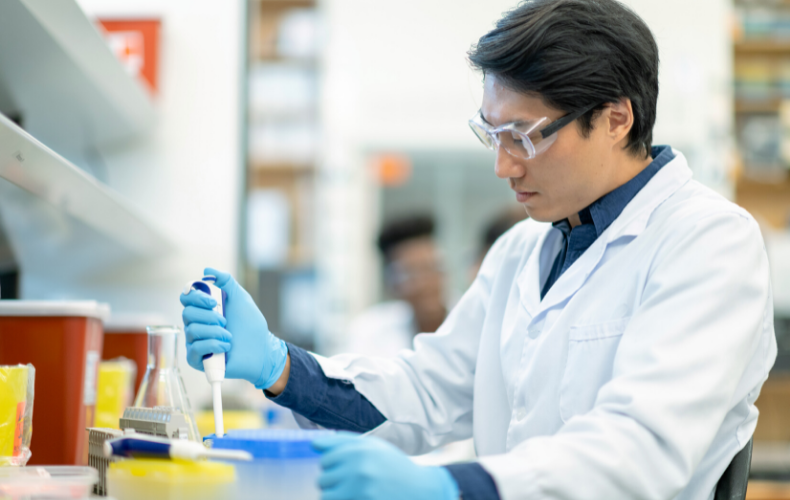
by Cells4Life Middle East | Dec 27, 2023 | Placenta Banking, Placenta Stem Cells
In this article, we are going to share some placenta stem cell transplant success stories – using the cells from chorionic villi and amniotic membrance of the placenta. These stories highlight the therapeutic value of the placenta and the many ways in which it...
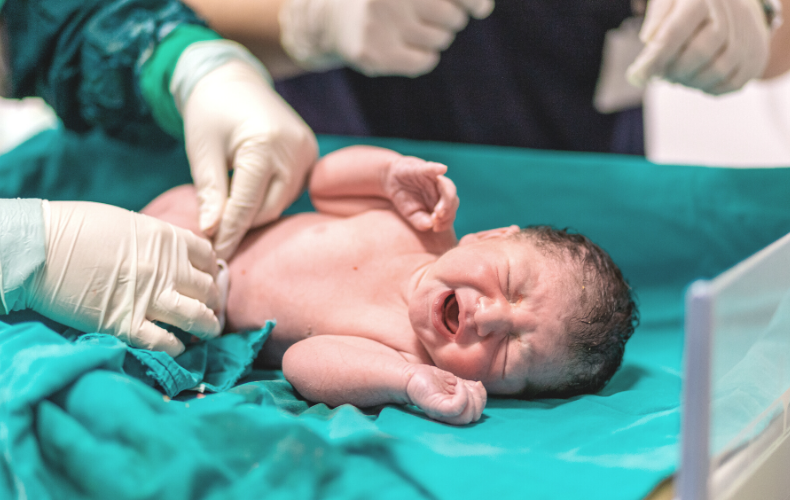
by Cells4Life Middle East | Dec 20, 2023 | Placenta Banking, Placenta Stem Cells
In this article, we are going to take a closer look at how placenta banking and amnion banking works. This includes an explanation of what happens during the collection process and how the placental cells and amnion are stored for later use. The placenta is a valuable...
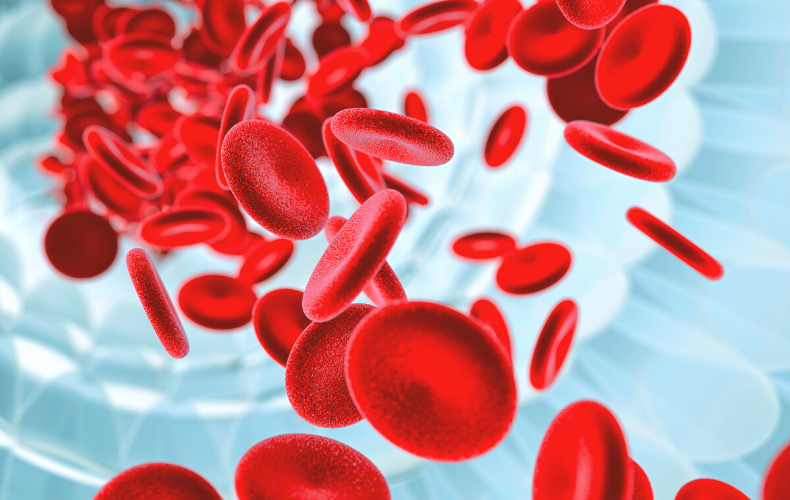
by Cells4Life Middle East | Dec 13, 2023 | Placenta Banking, Placenta Stem Cells
The placenta is a remarkable organ that is essential for producing human life. It supplies a growing foetus with all the nutrients it requires while in the womb, protects it from pathogens, and gives your newborn antibodies to protect it from disease. The placenta can...

by Cells4Life Middle East | Dec 7, 2023 | Placenta Banking, Placenta Stem Cells
Expecting a baby for the first time is an exciting and joyous experience, but it can be quite nerve- wracking. While you are looking forward to seeing your newborn baby, you may be concerned about their health. Aside from the challenges faced during childbirth,...
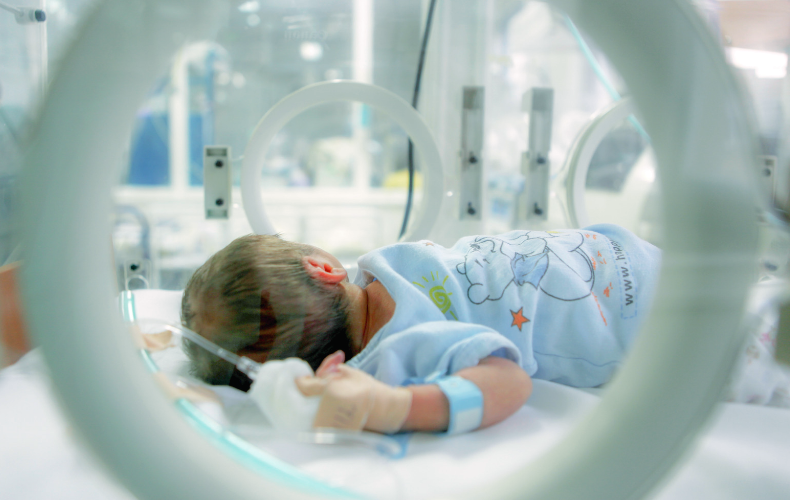
by Cells4Life Middle East | Jun 9, 2021 | Placenta Stem Cells, Stem Cell News
Premature babies have a very difficult start to life. Their bodies are not adequately prepared for life outside of the womb and they are vulnerable to a range of illnesses. One of the most common illnesses suffered by premature babies is called necrotising...








